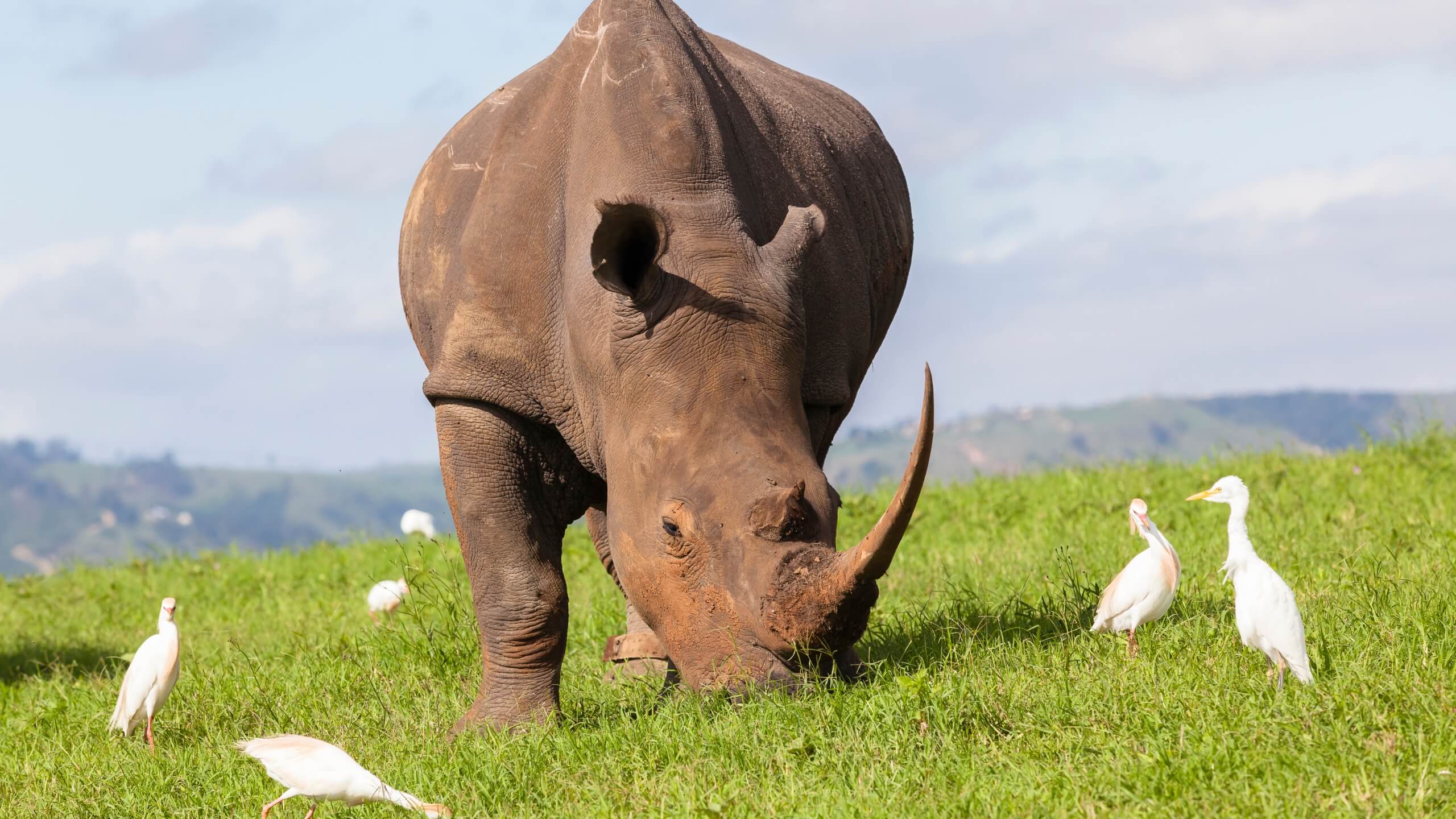According to the World Wildlife Fund, there are fewer than 29,000 rhinos left in the world. This is a dramatic decrease from an estimated 500,000 that existed at the beginning of the 20th century.
Rhinos are one of the world’s most endangered species, with all five species facing a very real risk of extinction in the near future. Poaching and habitat loss due to human activities have caused their population numbers to plummet drastically over recent years, leaving them on the brink of disappearing forever.
Conservation efforts have been successful in some areas but more needs to be done if we wish to save this species from extinction.
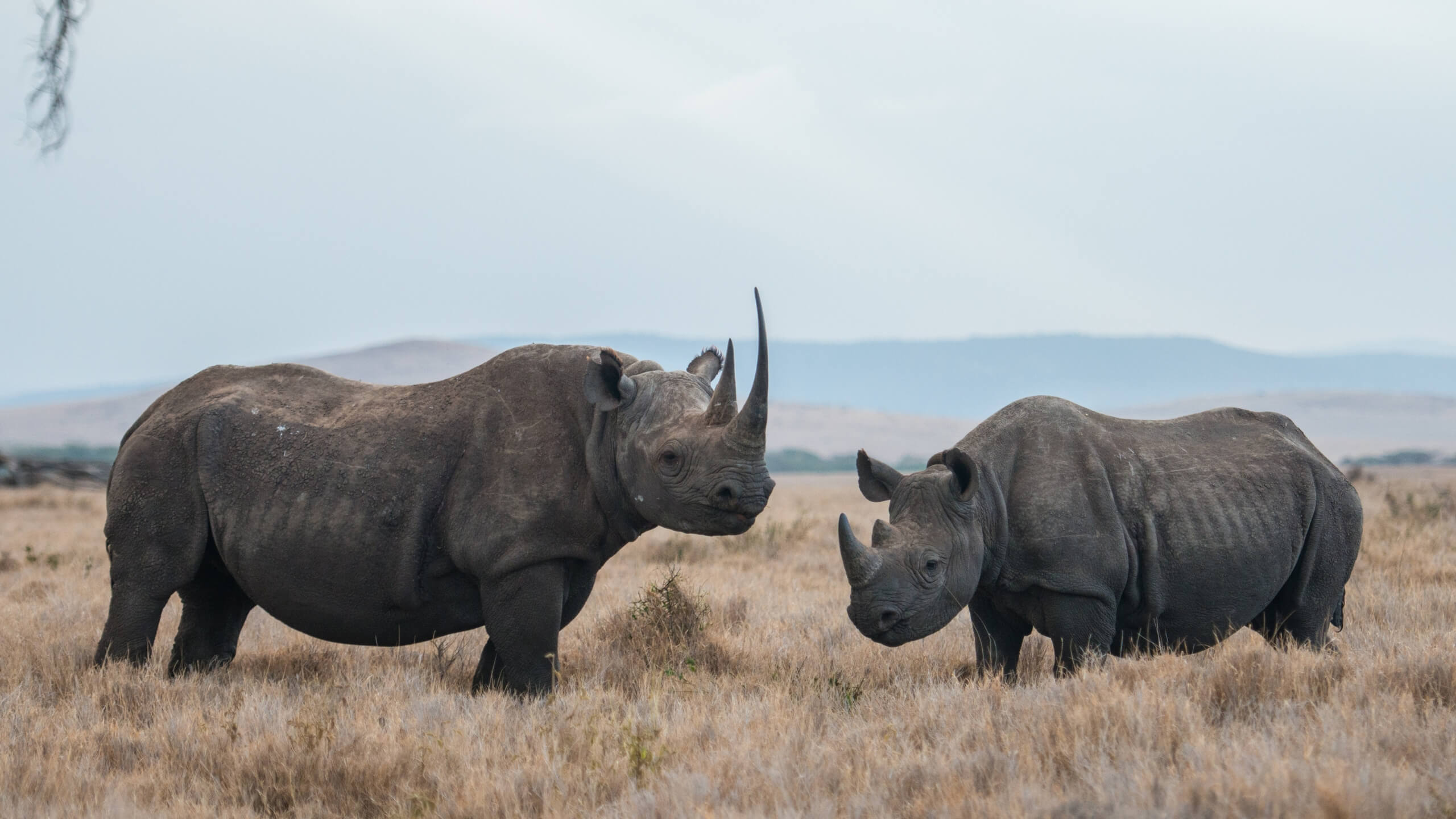
How many rhinos are left in the world?
There are only 29,000 Rhinos left in the world out of which there are currently 22,137 Rhinos in Africa, however, others are currently in Asia. There are five species of Rhinos in total, out of which three species are in Africa while others are in Asia.
Additionally, most of Rhino Species include their subspecies as well, for instance:
- Javan Rhino: Indian Javan Rhino, Vietnamese Javan, Javan Rhino.
- Black Rhino: Eastern Black, Western Black and South-Eastern Black.
- White Rhinos: Northern White and Southern White.
And the following two species does not have any subspecies:
- Greater One-Horned Rhinos.
- Sumatran Rhino.
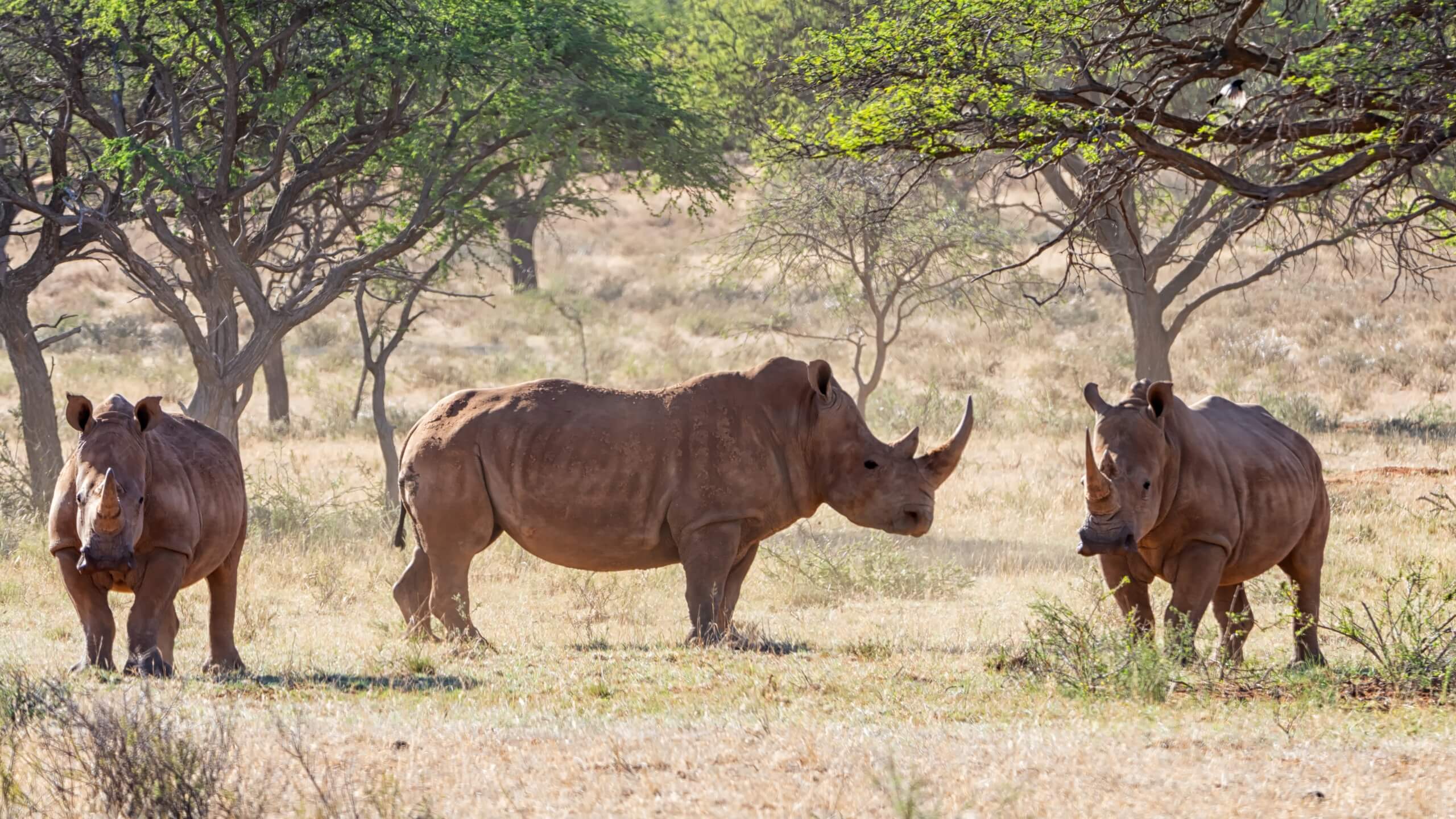
Are Rhinos endangered?
Yes, Rhinos are one of the most endangered species in the World. All of the species are in real risk of getting extinct in the near future. Conservation efforts by organisations such as WWF and Save The Rhino are essential if we want to ensure that rhinos remain part of our planet for many generations to come.
Rhinos have been around us for millions of years to play an important role in shaping the African landscape by consuming a large amount of vegetation. Moreover they help other animals, maintaining a healthy balance in the ecosystem.
Also read: How many polar bears are left in the world?
Why are Rhinos Endangered?
Rhinos are endangered due to a variety of factors, including poaching for their horns and habitat loss. The illegal wildlife trade has driven rhino populations to dangerously low levels, with some species facing extinction in the wild.
In addition, human activities like deforestation and urbanisation have reduced the amount of suitable habitats available for rhinos to live in. As a result of these threats, conservation efforts are needed now more than ever if we want future generations to be able to experience these majestic animals in their natural environment.
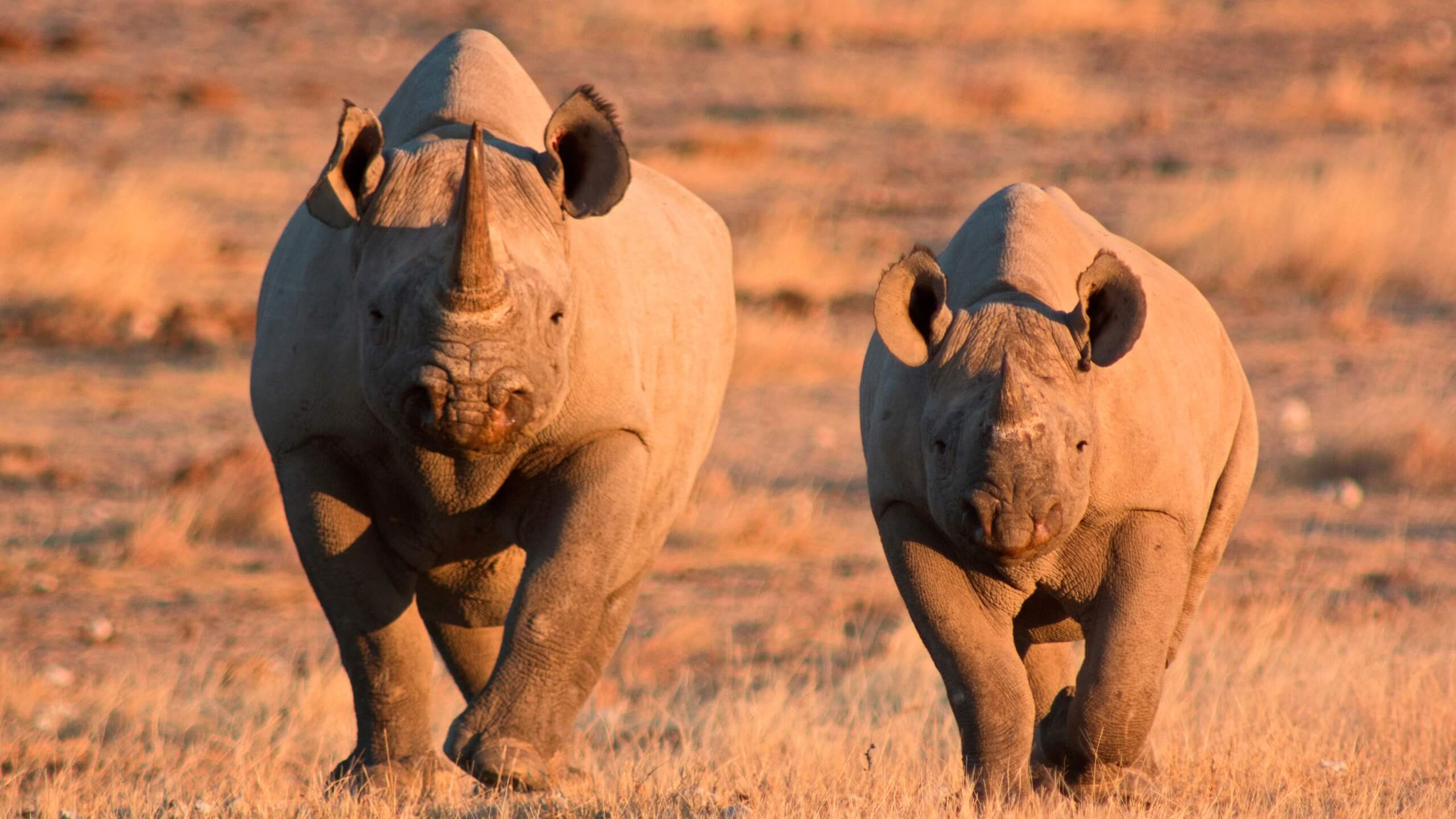
Why must we save the rhinos?
Saving rhinos is essential to maintaining biodiversity and preserving the delicate balance of nature, as they play an important role in their ecosystems by providing food for other animals, controlling vegetation growth, dispersing seeds via their dung, and more.
Additionally, rhino conservation efforts help protect local communities whose livelihoods depend on these majestic creatures. With fewer wild rhinos remaining in the world today than ever before, it is our responsibility to ensure that future generations can enjoy them too.
Why are Rhinos being poached?
Rhinos are being poached at an alarming rate due to the demand for their horns in certain parts of Asia. Rhino horn is believed by some cultures to have medicinal properties, and it is also used as a status symbol. This has led to a dramatic increase in poaching activities that threaten rhino populations around the world.
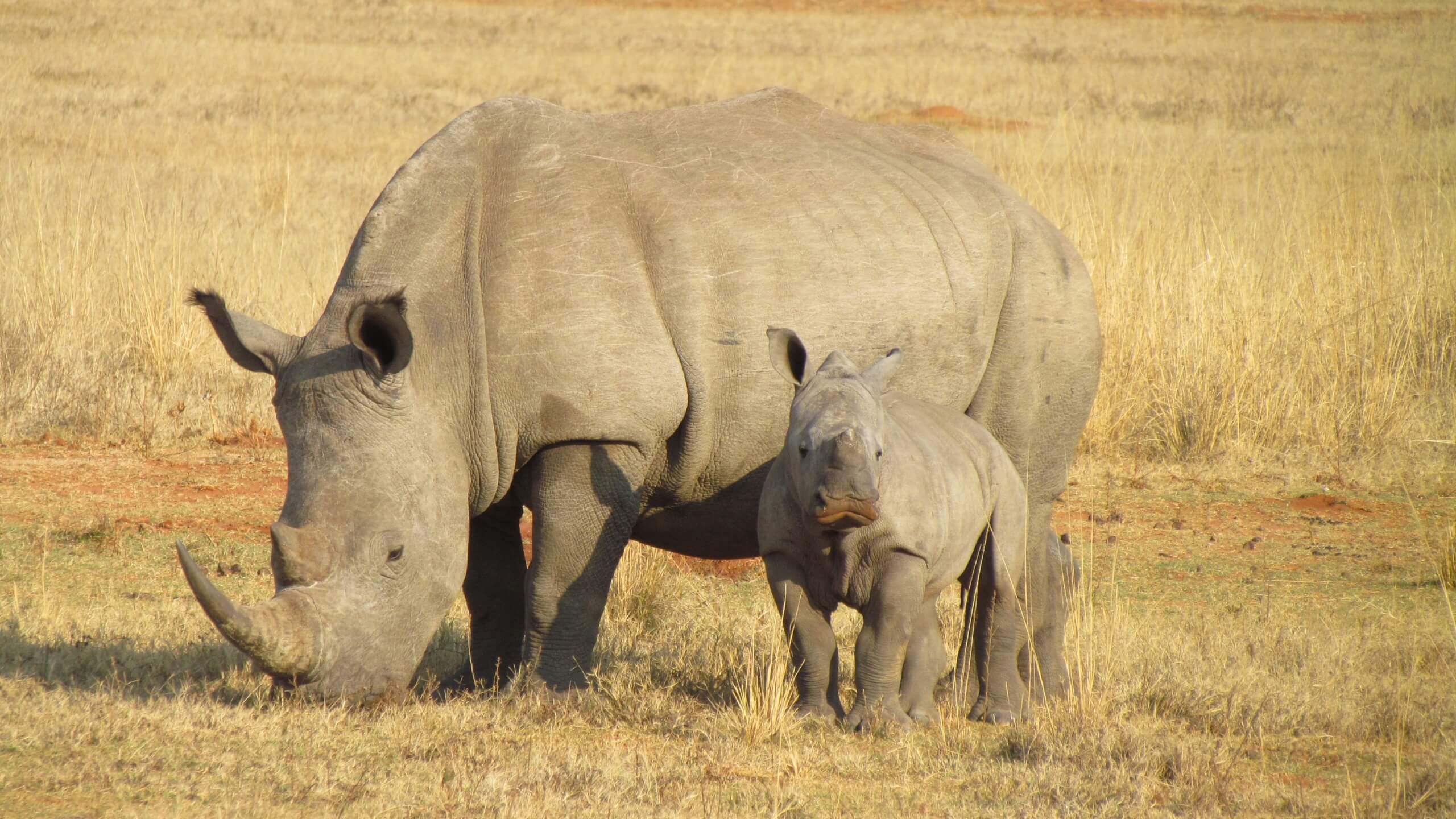
How many Javan Rhinos are left in the world?
There are only 58-68 Javan Rhinos left in the world and they are only found in Indonesia. This species has been listed as Critically Endangered since 2011 and its population continues to decline due to poaching and habitat loss. Conservation efforts are underway by local governments, NGOs, and conservationists around the world in order to protect this species from extinction. However, without increased protection for their habitats and increased enforcement against poachers these majestic creatures may soon be lost forever.
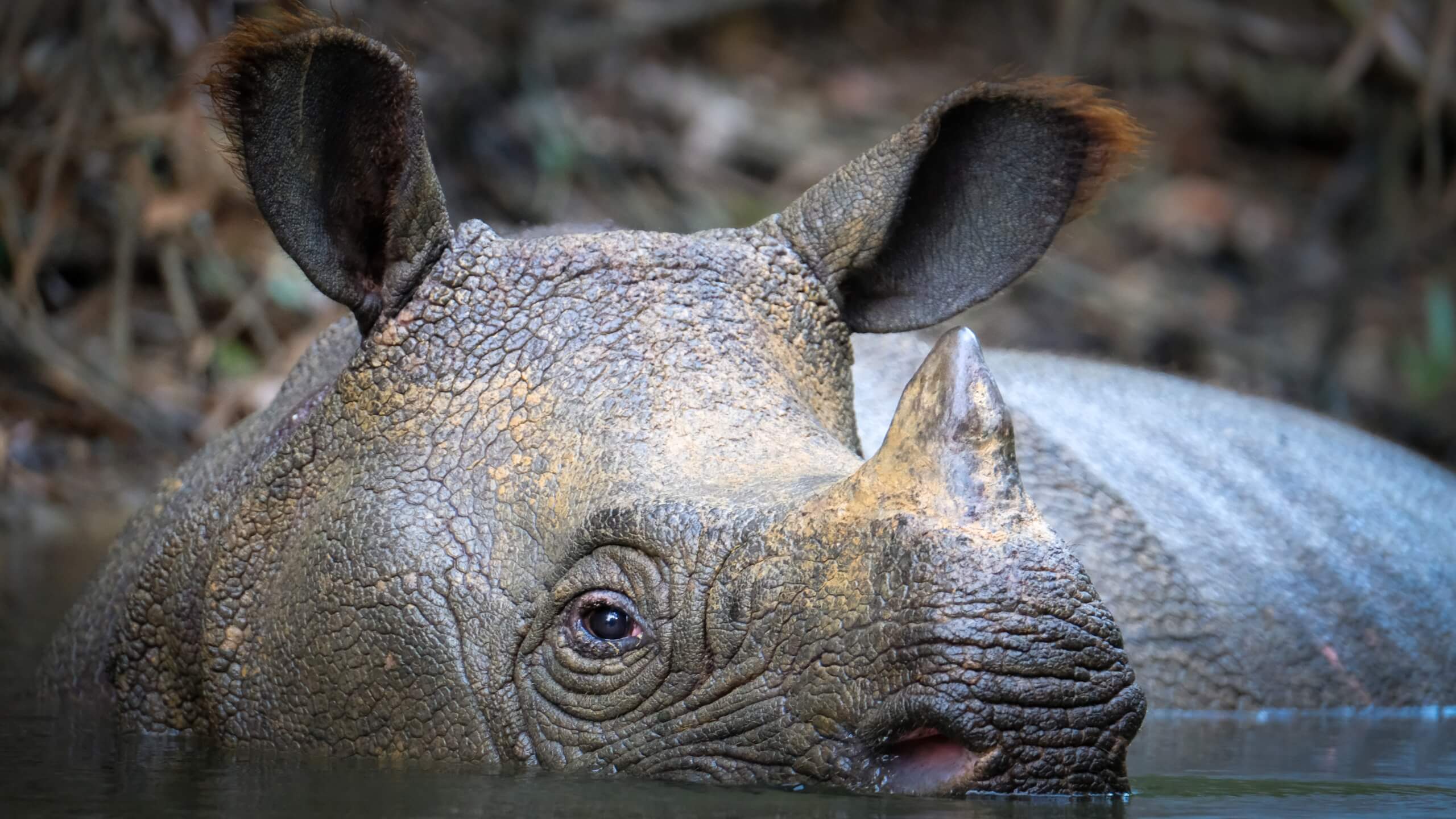
How many white Rhinos are left in the World?
The white rhino is a critically endangered species, with only two of the northern subspecies of female Rhinos remaining in the wild. According to recent estimates from conservationists, there are approximately 15, 942 adult white rhinos left in Africa.
However, due to poaching and habitat destruction these numbers continue to decline rapidly and it is estimated that if conservation efforts do not increase soon then this majestic species may become extinct within our lifetime.
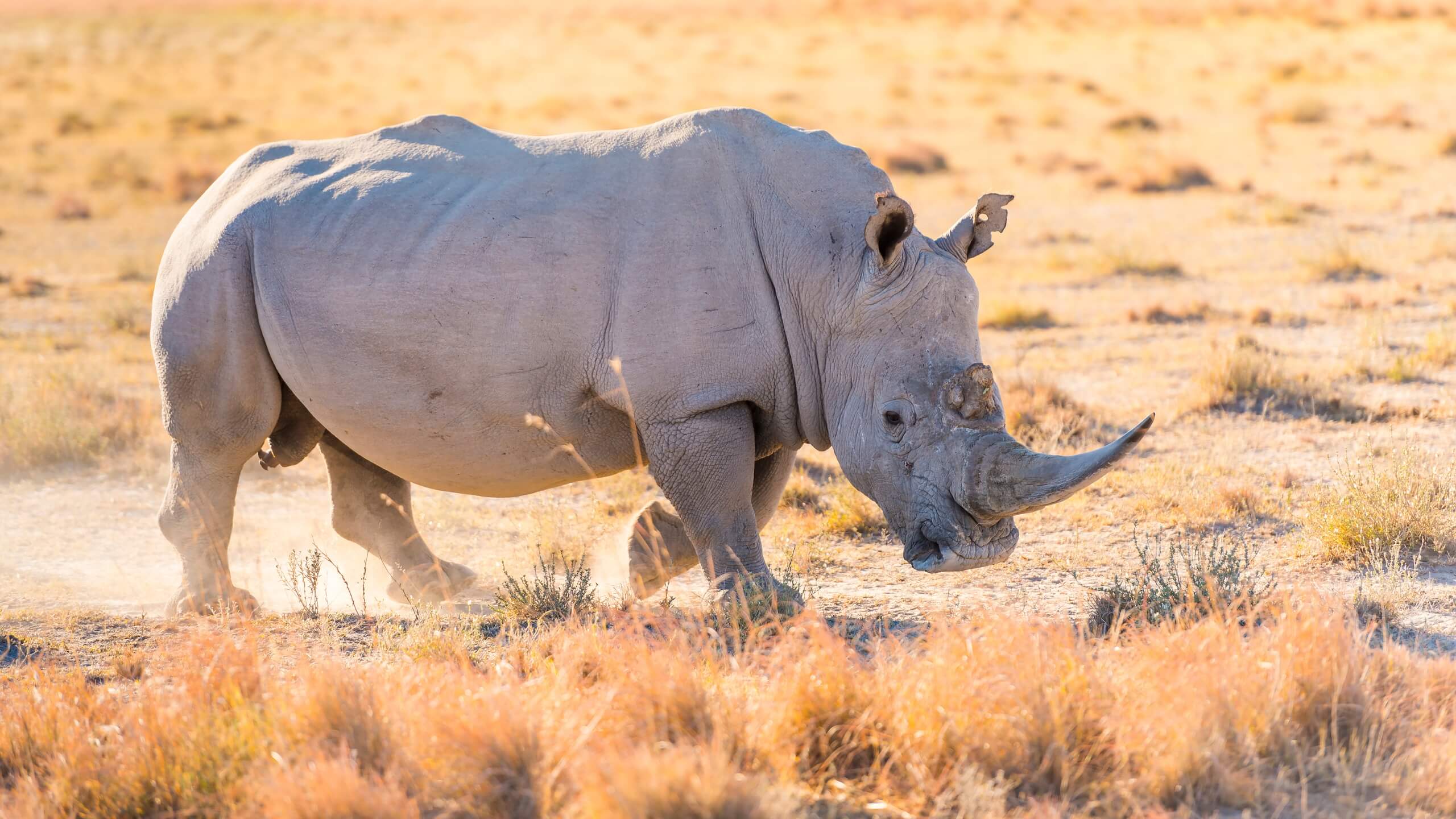
How many black Rhinos are left in the world?
The current population of black rhinos is estimated to be between 5,455 and 6,195 individuals. This represents a significant decrease from the mid-1970s when there were an estimated 65,000 black rhinos in existence.
This number was drastically fallen to 2500 black rhinos in just 20 years. However, with the persistent conservation efforts, this number has again risen to the current population of 6,195 individuals.
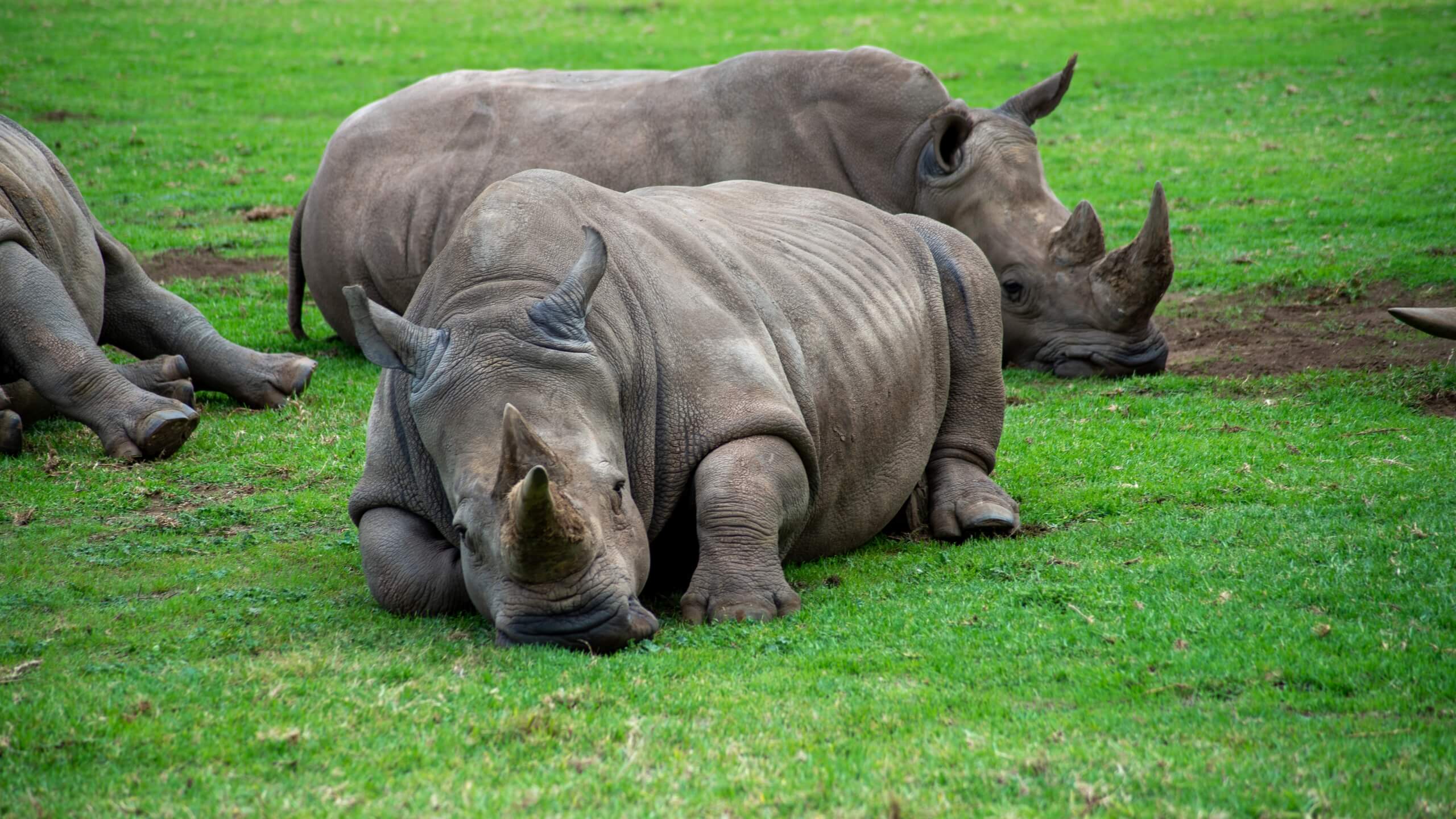
How many rhinos are left in 2023?
By 2023, it is estimated that the number of rhinos left in the wild will have declined further due to poaching and habitat loss. Although conservation efforts are being made around the world, current estimates suggest that there may be as few as 25,000-29000 rhinos remaining in their natural habitats by 2023.
This represents a significant decline from recent decades and highlights an urgent need for increased protection of this species if we hope to preserve them into future generations.

